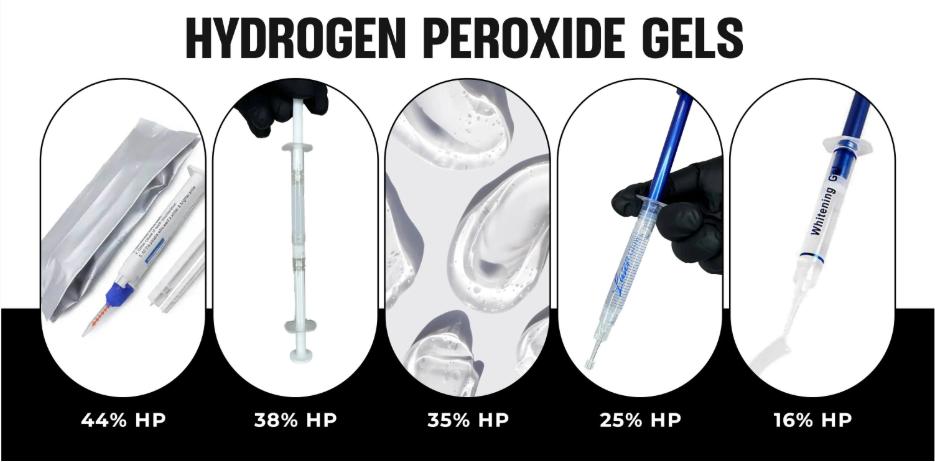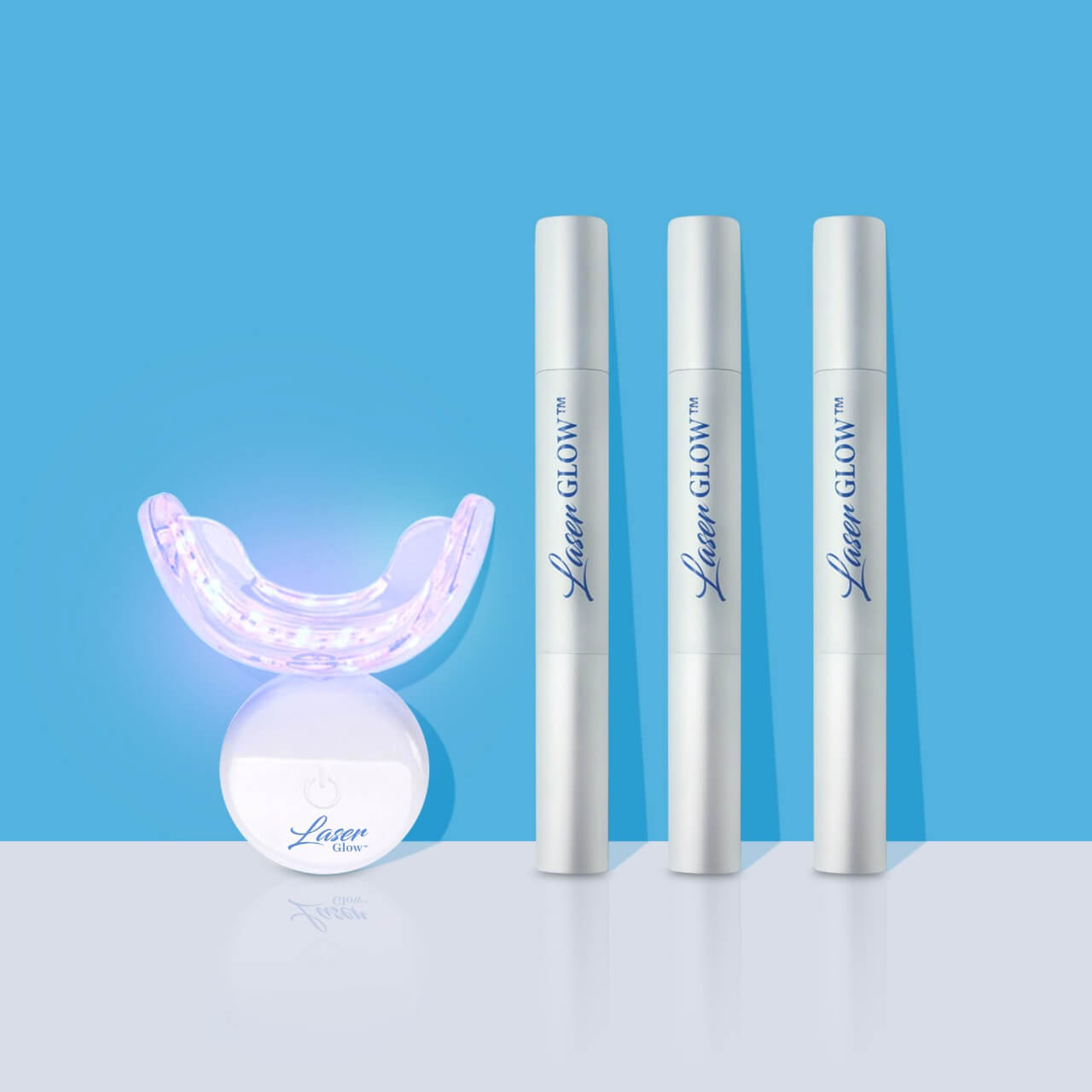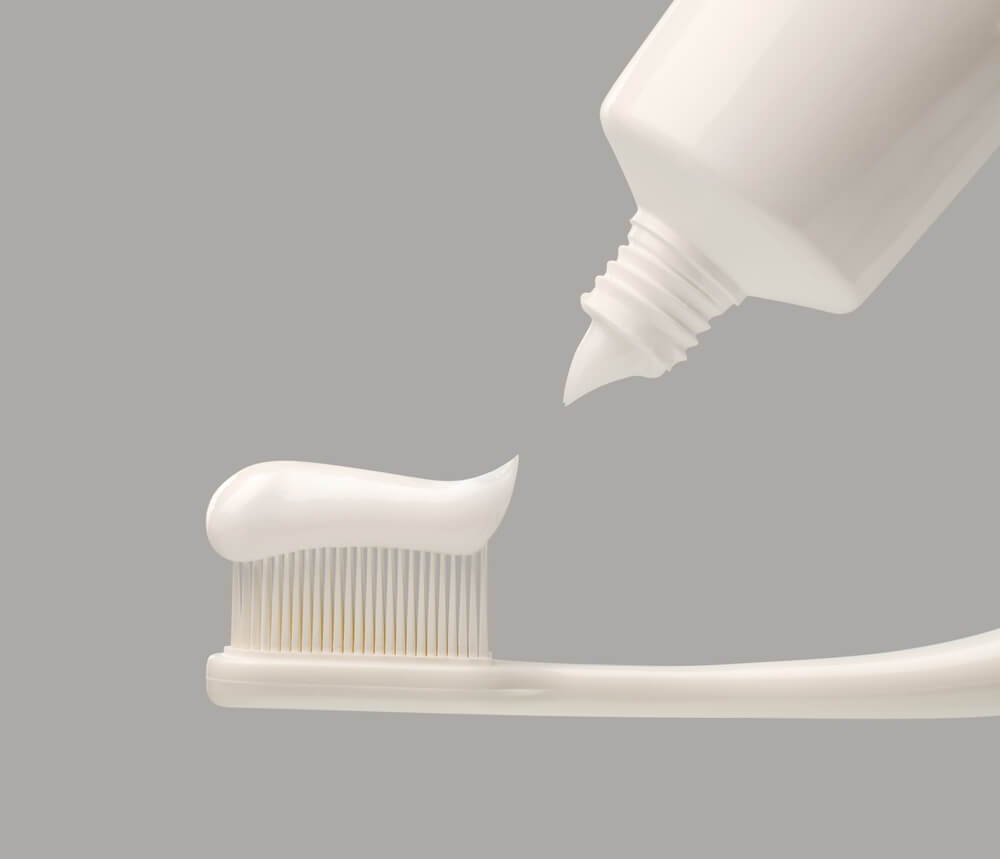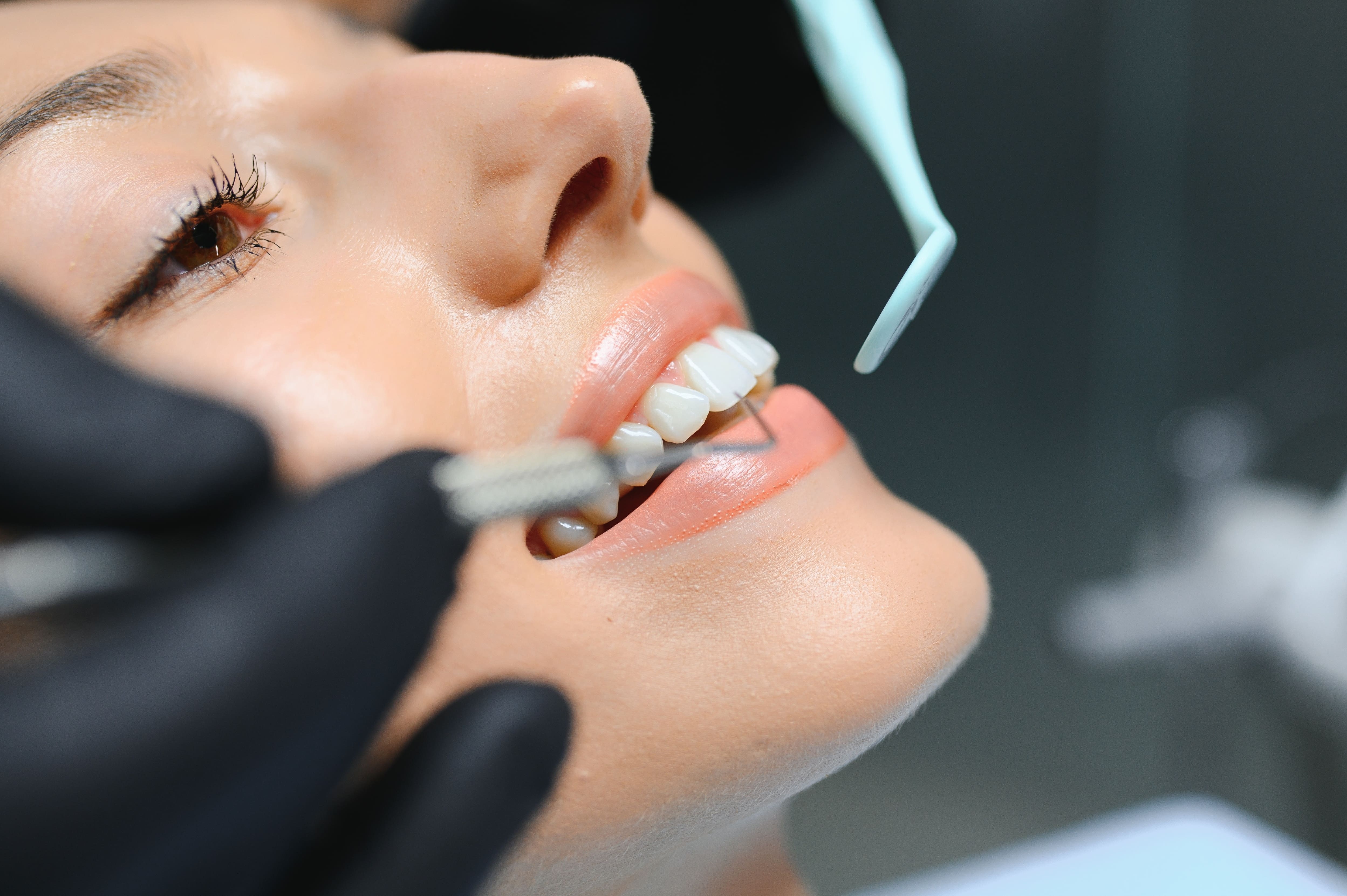Sensitive teeth are often caused by worn enamel or exposed nerves. Whitening toothpaste for sensitive teeth is designed to be gentle while still effectively removing stains. Look for toothpaste with potassium nitrate or strontium chloride to help desensitize teeth. Avoid whitening toothpaste with harsh abrasives that can further irritate sensitive teeth. Remember, it's essential to consult with your dentist to find the best whitening toothpaste for your specific needs.
Factors to consider when choosing whitening toothpaste for sensitive teeth
Many whitening toothpastes are available, but not all are suitable for sensitive teeth. When looking for the best whitening toothpaste for sensitive teeth, consider these factors:
- Ingredients: Look for toothpaste with mild ingredients to avoid irritation.
- Fluoride Content: Ensure the toothpaste contains fluoride to protect against cavities.
- Abrasiveness: Opt for a gentle formula to prevent enamel damage.
- Sensitivity Relief: Choose a toothpaste that specifically addresses sensitivity to minimize discomfort.
- Whitening Effectiveness: Check if the toothpaste effectively whitens teeth without causing sensitivity.
- Dentist's Recommendation: Consult your dentist for personalized advice on the most suitable toothpaste for your sensitive teeth.
What makes a toothpaste suitable for sensitive teeth?
Toothpaste for sensitive teeth should be gentle on sensitive areas while still effectively cleaning teeth. Look for toothpaste that contains potassium nitrate or strontium chloride to help desensitize nerve endings. Low abrasiveness is also essential to prevent further enamel wear. Additionally, fluoride helps strengthen tooth enamel and reduce sensitivity. Read the labels to ensure the toothpaste is specially formulated for sensitive teeth.
Natural ingredients in whitening toothpaste for sensitive teeth
Many whitening toothpaste for sensitive teeth use natural ingredients like baking soda, activated charcoal, and essential oils such as peppermint or tea tree. These ingredients help gently remove surface stains without causing irritation to sensitive teeth and gums. Baking soda is known for its mild abrasive properties, which can help scrub away stains without damaging tooth enamel. Activated charcoal has become popular for its ability to absorb toxins and stains, leaving teeth feeling clean and looking brighter. Essential oils like peppermint and tea tree provide a fresh taste and also have antibacterial properties that can promote oral health.
How does whitening toothpaste work on sensitive teeth?
Whitening toothpaste for sensitive teeth often contains potassium nitrate or strontium chloride, which help to desensitize the teeth. Additionally, these toothpastes have milder abrasives to avoid irritating sensitive gums and teeth. The ingredients in these toothpastes work together to gently remove stains on the teeth's surface while providing a gentle whitening effect.
Potential side effects of whitening toothpaste on sensitive teeth
Whitening toothpaste for sensitive teeth can sometimes cause increased tooth sensitivity and gum irritation. It can also lead to enamel damage if used excessively or if the toothpaste is too abrasive. Consult your dentist if you experience any discomfort while using whitening toothpaste.
Tips for maximizing the effectiveness of whitening toothpaste for sensitive teeth
To get the most out of your whitening toothpaste for sensitive teeth, try these tips:
- Choose a toothpaste with low abrasiveness to avoid irritating your sensitive teeth.
- Brush gently to prevent further sensitivity.
- Use a soft-bristled toothbrush to be gentle on your teeth and gums.
- Avoid acidic foods and drinks to prevent enamel erosion, which can worsen sensitivity.
- Consider using a desensitizing toothpaste in conjunction with your whitening toothpaste to help with any sensitivity.
- Consult your dentist for personalized advice on the best whitening toothpaste for your sensitive teeth.
Incorporating whitening toothpaste into your oral care routine
Whitening toothpaste is safe to use daily and can help remove surface stains from your teeth. Look for toothpaste that is specifically designed for sensitive teeth to avoid any discomfort. When adding whitening toothpaste to your oral care routine, remember to brush your teeth gently to prevent enamel damage. Consult your dentist for recommendations on the best whitening toothpaste for your sensitive teeth.
Understanding Toothpaste Abrasivity & Safety
-
Relative Dentin Abrasivity (RDA) quantifies how abrasive a toothpaste is. Toothpastes with RDA below 250 are considered safe for daily use, while lower RDA versions are preferable for sensitive teeth to avoid enamel wear.
| Product | Why It's Great |
|---|---|
| Sensodyne Extra Whitening | Contains potassium nitrate to ease sensitivity while whitening gently. |
| Sensodyne Clinical White | Whitens up to two shades in two weeks while offering 24-hour sensitivity protection and no hydrogen peroxide. |
| Arm & Hammer Advance White Baking Soda & Peroxide | Less abrasive than some whitening toothpastes, supporting stain removal with reduced sensitivity risk. |
| Lumineux Whitening Toothpaste | Uses hydrating, natural ingredients like n-HAp and avoids SLS—making it gentle on enamel and gums. |
| Sensodyne Pronamel Gentle Whitening | Reinforces enamel, maintains cavity prevention, and gently removes surface stains. |
| LaserGlow Purple Color Corrector Toothpaste | Utilizes color-correcting technology for a brightening effect while remaining mild and easy to use. |
Conclusion:
Before you start shopping for whitening toothpaste, remember that everyone's teeth and sensitivity levels vary. It’s important to try different products to see what works best for you. Some general advice to help you in this quest includes:
- Look for toothpaste specifically designed for sensitive teeth
- Check for ingredients like potassium nitrate and fluoride that can help with sensitivity
-
Consider consulting your dentist for personalized recommendations
Remember, finding the right toothpaste might take some trial and error, but your pearly whites are worth it!










